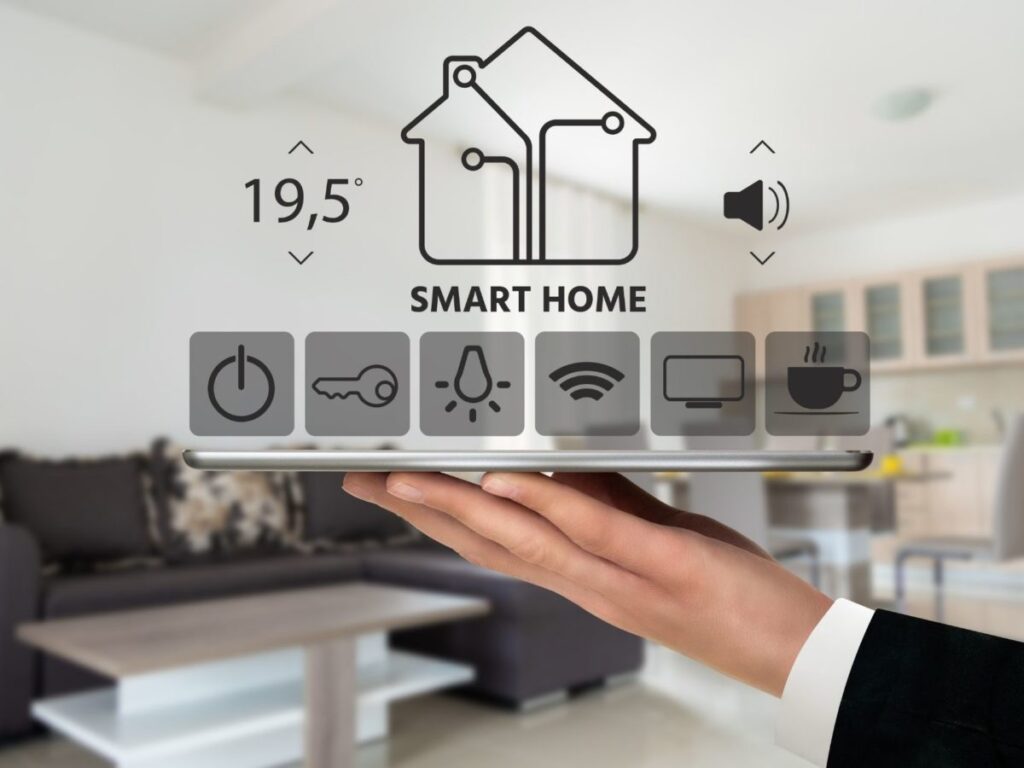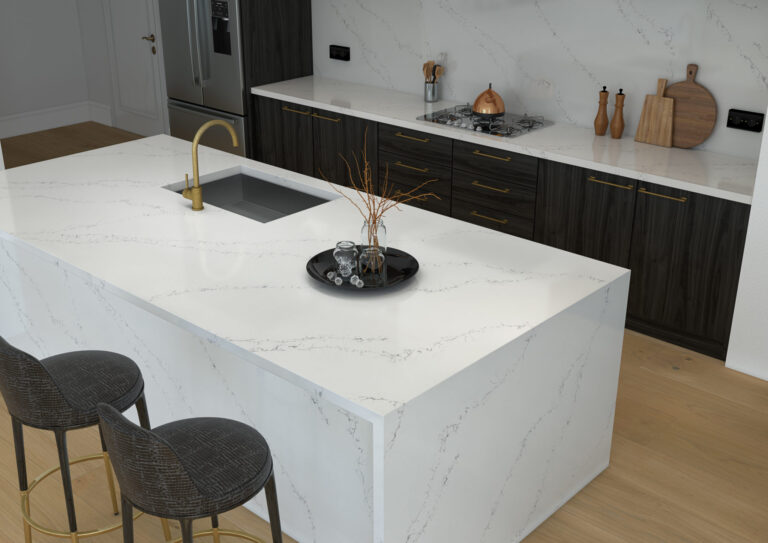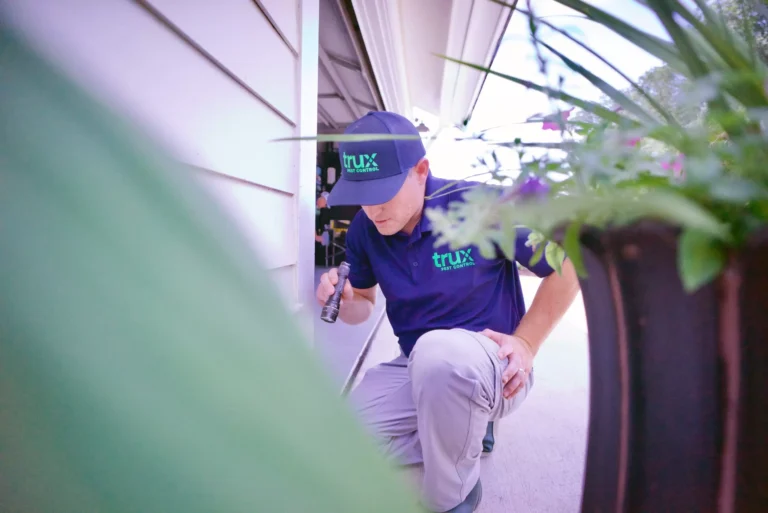
In a world increasingly focused on sustainability and efficiency, the concept of smart home technologies has emerged as a beacon of hope. These innovations offer not only convenience and comfort but also the potential to revolutionize the way we use energy in our homes. From intelligent thermostats to automated lighting systems, smart home technologies are reshaping our living spaces with a focus on energy efficiency like never before.
The Rise of Smart Homes
The rise of smart homes can be attributed to the convergence of several key factors: advancements in technology, increased connectivity through the Internet of Things (IoT), and growing environmental awareness among consumers. These factors have paved the way for a new era of home automation, where devices and appliances can communicate with each other and be controlled remotely through smartphones or voice commands.
Key Technologies Driving Energy Efficiency
1. Smart Thermostats
One of the most popular and effective smart home technologies for energy efficiency is the smart thermostat. These devices learn your heating and cooling preferences over time and automatically adjust the temperature settings to optimize energy usage. Additionally, they can be controlled remotely, allowing you to adjust the temperature from anywhere using your smartphone. Some smart thermostats even utilize geofencing technology to detect when you’re away from home and adjust the temperature accordingly, further reducing energy waste.
2. Energy Monitoring Devices
Knowledge is power, especially when it comes to energy consumption. Energy monitoring devices provide real-time insights into how much energy your home is using, allowing you to identify areas where you can make improvements. By tracking your energy usage patterns, you can identify energy-hungry appliances, detect inefficiencies, and take steps to reduce your overall energy consumption.
3. Automated Lighting Systems
Lighting accounts for a significant portion of energy usage in homes. Automated lighting systems, such as smart light bulbs and switches, offer a simple yet effective way to reduce energy waste. These systems allow you to schedule lights to turn on and off automatically or control them remotely through a smartphone app. Some smart lighting systems also adjust the brightness and color temperature of the lights based on the time of day or your preferences, further optimizing energy usage.
4. Solar Panels and Energy Storage
Solar panels have long been championed as a renewable energy solution for homes, but when combined with energy storage systems, they become even more powerful. Solar panels generate electricity from sunlight, which can be used to power your home directly or stored in batteries for use when the sun isn’t shining. This not only reduces your reliance on the grid but also allows you to take advantage of clean, renewable energy while potentially lowering your electricity bills.
Benefits of Smart Home Technologies for Energy Efficiency
The benefits of incorporating smart home technologies for energy efficiency are manifold:
Cost Savings: By reducing energy waste and optimizing energy usage, smart home technologies can help lower your utility bills over time.
Environmental Impact: By reducing your energy consumption, you can minimize your carbon footprint and contribute to a more sustainable future.
Convenience: Smart home technologies offer unparalleled convenience and control, allowing you to manage your home’s energy usage from anywhere.
Challenges and Considerations
While smart home technologies offer tremendous potential for energy efficiency, there are some challenges and considerations to keep in mind:
Cost: The upfront cost of installing smart home devices and systems can be prohibitive for some homeowners, although prices are gradually decreasing as the technology becomes more widespread.
Compatibility: Ensuring compatibility between different smart home devices and systems can be a challenge, especially as the market becomes increasingly fragmented with various manufacturers and protocols.
Security: As with any connected device, security is a concern with smart home technologies. It’s essential to take steps to secure your network and devices to prevent unauthorized access or cyberattacks.
The Future of Smart Home Technologies
The future of smart home technologies for energy efficiency is bright. As technology continues to advance, we can expect to see even more innovative solutions emerge, further enhancing the energy efficiency of our homes. Artificial intelligence, machine learning, and predictive analytics will play increasingly significant roles in optimizing energy usage and identifying opportunities for improvement.
Conclusion
Smart home technologies offer a glimpse into the future of sustainable living, where homes are not just places of shelter but also hubs of efficiency and innovation. By embracing these technologies, homeowners can reduce their energy consumption, lower their utility bills, and contribute to a greener planet. As we continue to explore and adopt smart home technologies, we move one step closer to a more sustainable and energy-efficient future for all.


